Rubio’s Coastal Grill, a popular Mexican restaurant chain known for its fish tacos, is shutting down 48 of its locations in California.
This decision comes in response to the increased operational costs linked to California’s new $20-an-hour minimum wage for fast food workers.
Rising Costs Crunching the California Dream
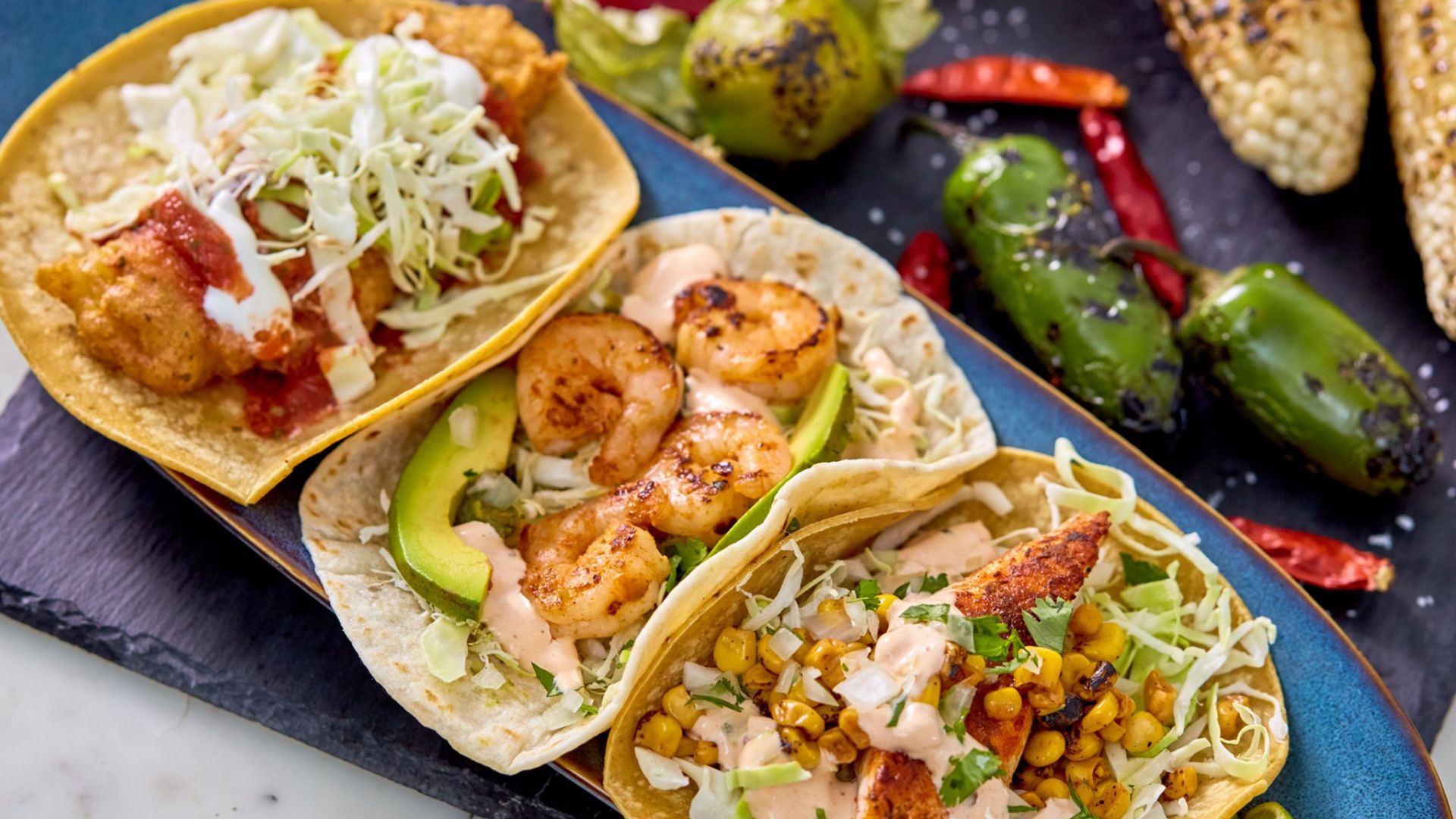
Rubio’s spokesperson said, “While painful, the store closures are a necessary step in our strategic long-term plan to position Rubio’s for success for years to come.”
California’s new $20-an-hour minimum wage has shaken things up for many, with Rubio’s being a major casualty.
From Baja to Bankruptcy
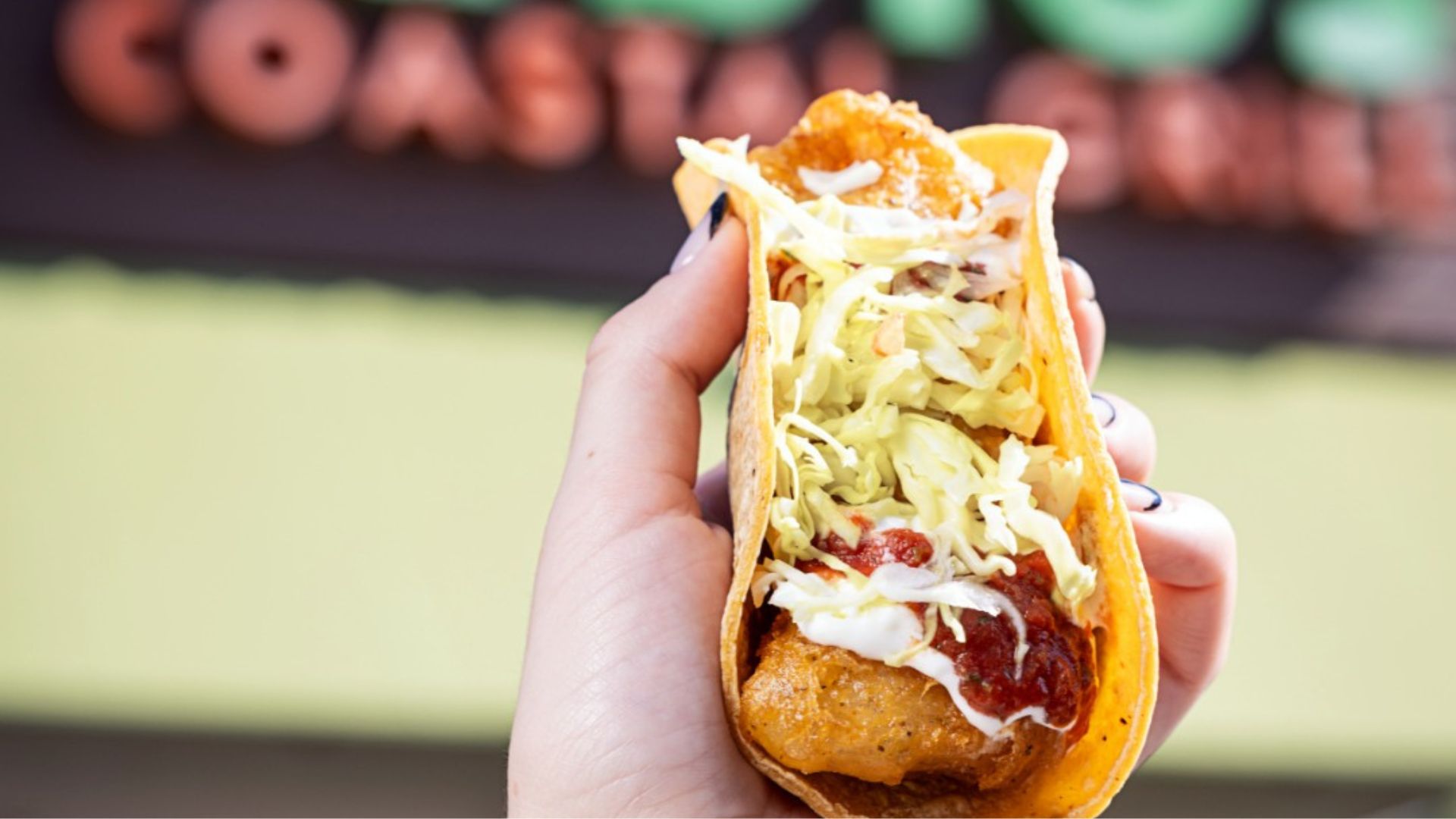
It all started in the late ’70s when founder Ralph Rubio discovered fish tacos in Baja California on spring break.
By 1983, he was selling them in San Diego, earning the title of San Diego’s taco king. But recent financial strains have taken their toll.
Putting California Fish Tacos on the Map
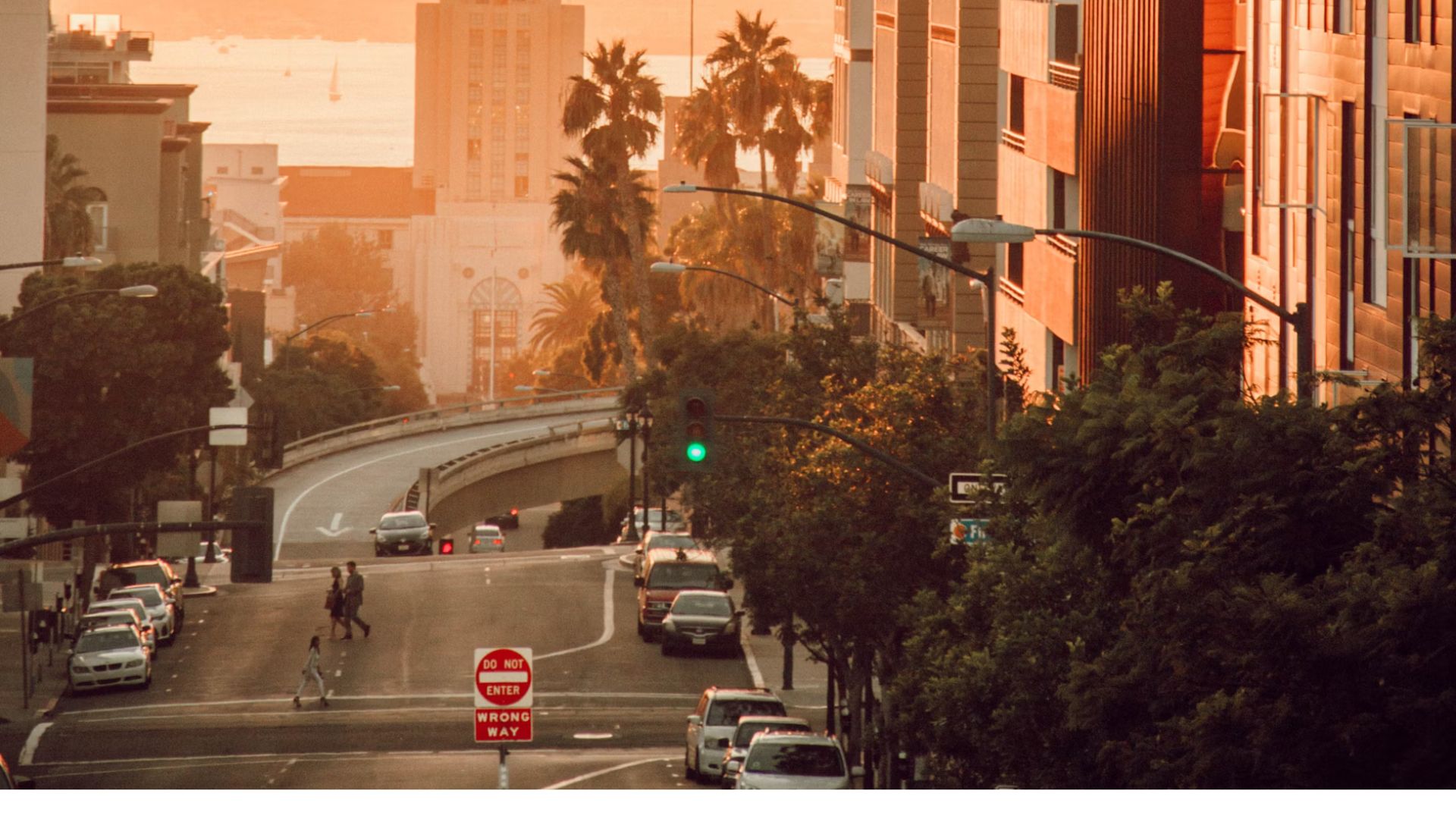
California is now ubiquitous with fish tacos. Since Rubio’s introduced the Mexican dish to San Diego County decades ago, the seafood specialty has only grown in popularity.
Today, the Baja-originated dish is not only a California staple, but is an acceptable, popular, mainstream dish around the country. It’s this success that may also have contributed to Rubio’s struggles.
Success Breeds Imitators
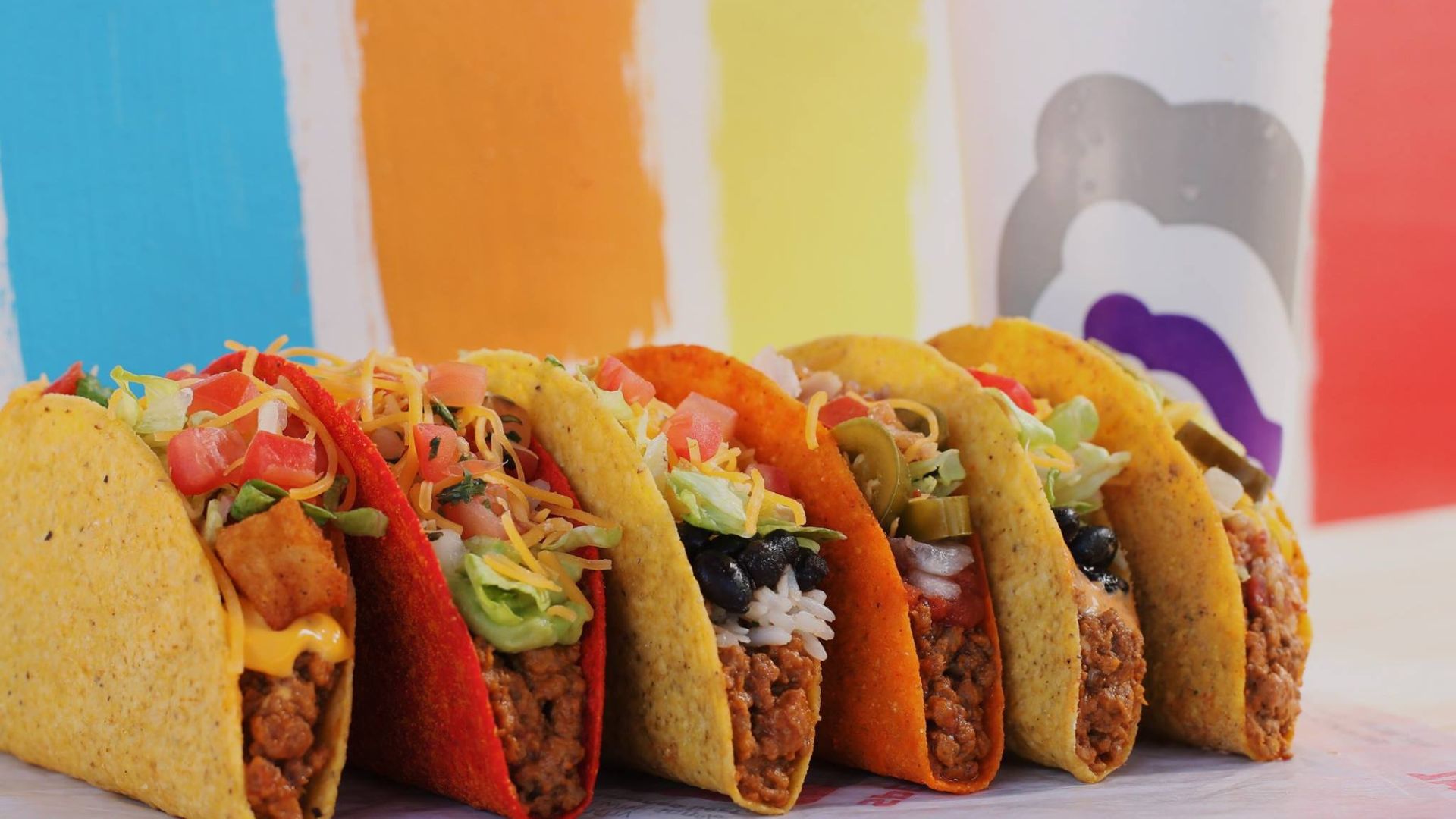
A walk around San Diego County shows how much its residents love fish tacos. They can be bought everywhere, from food trucks to burger restaurants.
One might think that’s it’s counter-intuitive that Rubio’s would be struggling in the face of such popularity for its staple dish, but it’s a case of simple economics.
Too Much Competition

California’s minimum wage hikes have definitely hurt Rubio’s, but part of the problem might also be that they’re a victim of their own success.
With so much choice and variety now for customers looking for fish tacos, Rubio’s loses its dominance. The legacy company might also have simply struggled to keep up with newer competitors.
Pandemic and Competition
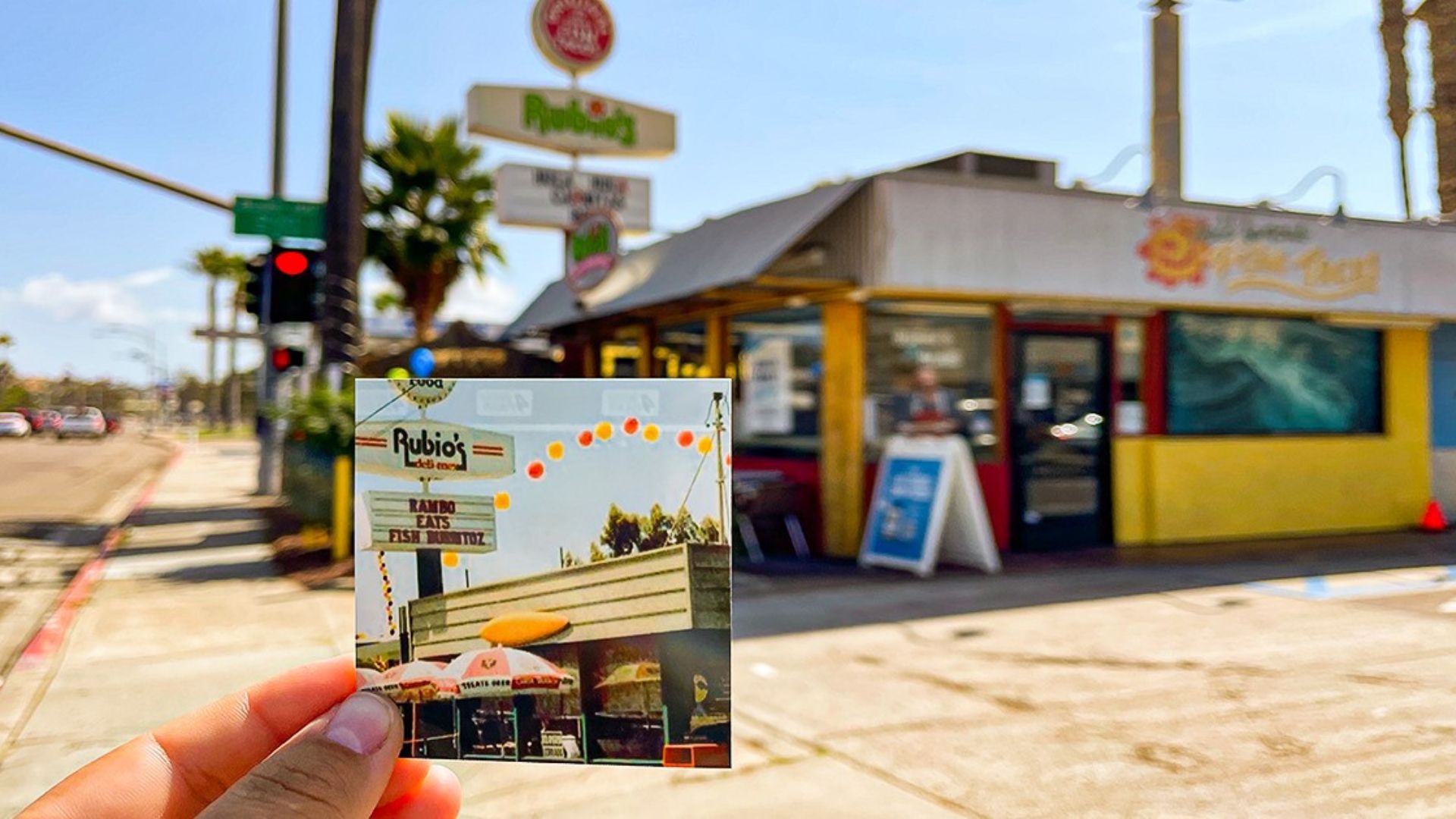
Rubio’s once boasted about 200 restaurants but faced harsh times during the pandemic.
Not helping matters were heavy competitors like Chipotle, pushing Rubio’s to close all its locations in Florida and Colorado even before this latest blow.
A Third of Locations Gone
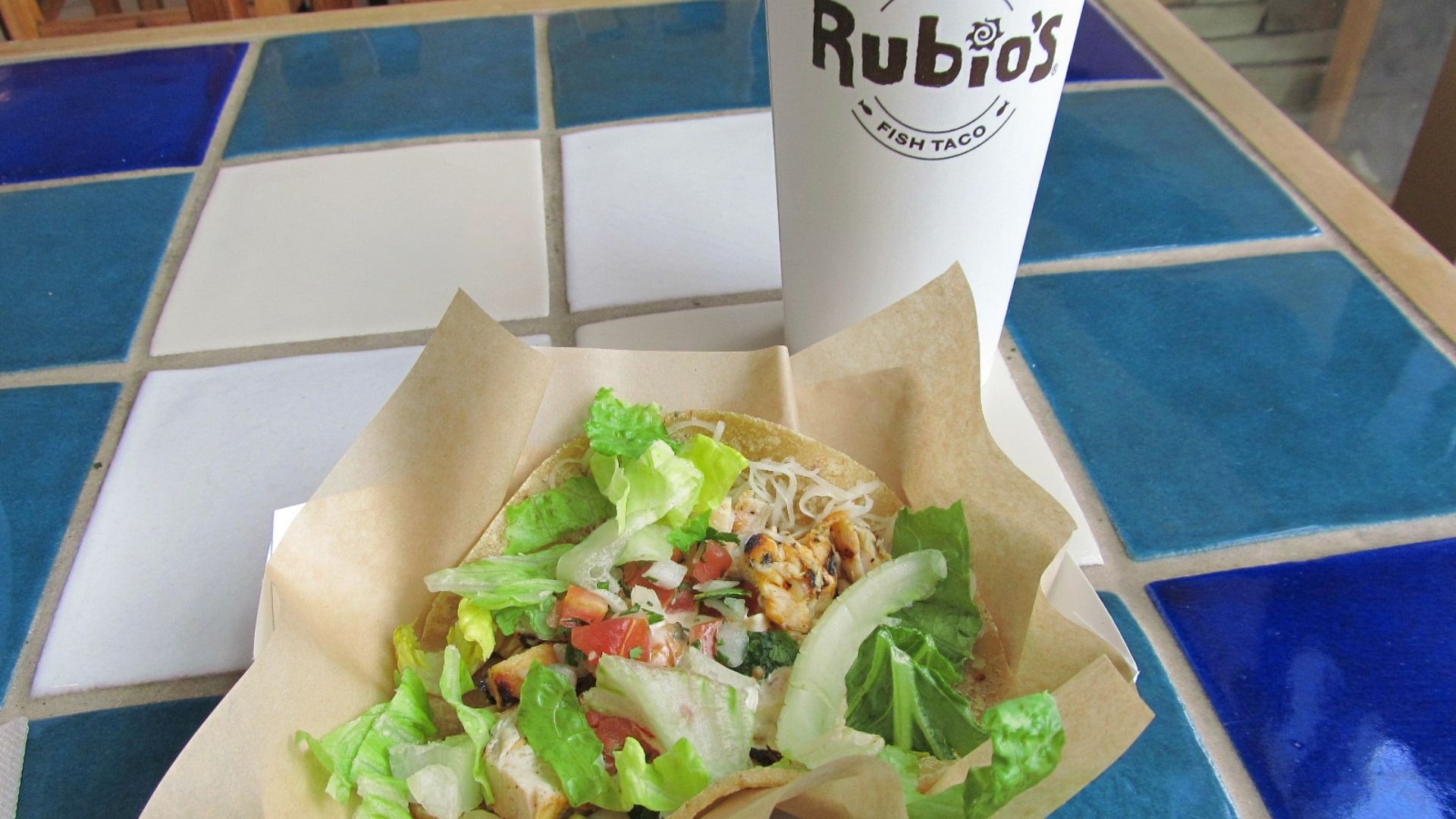
This week’s announcement affects more than a third of Rubio’s remaining locations across California, Nevada, and Arizona.
With this reduction, their footprint drastically shrinks, leaving fans and employees in a lurch.
L.A. and Beyond: Where the Closures Hit
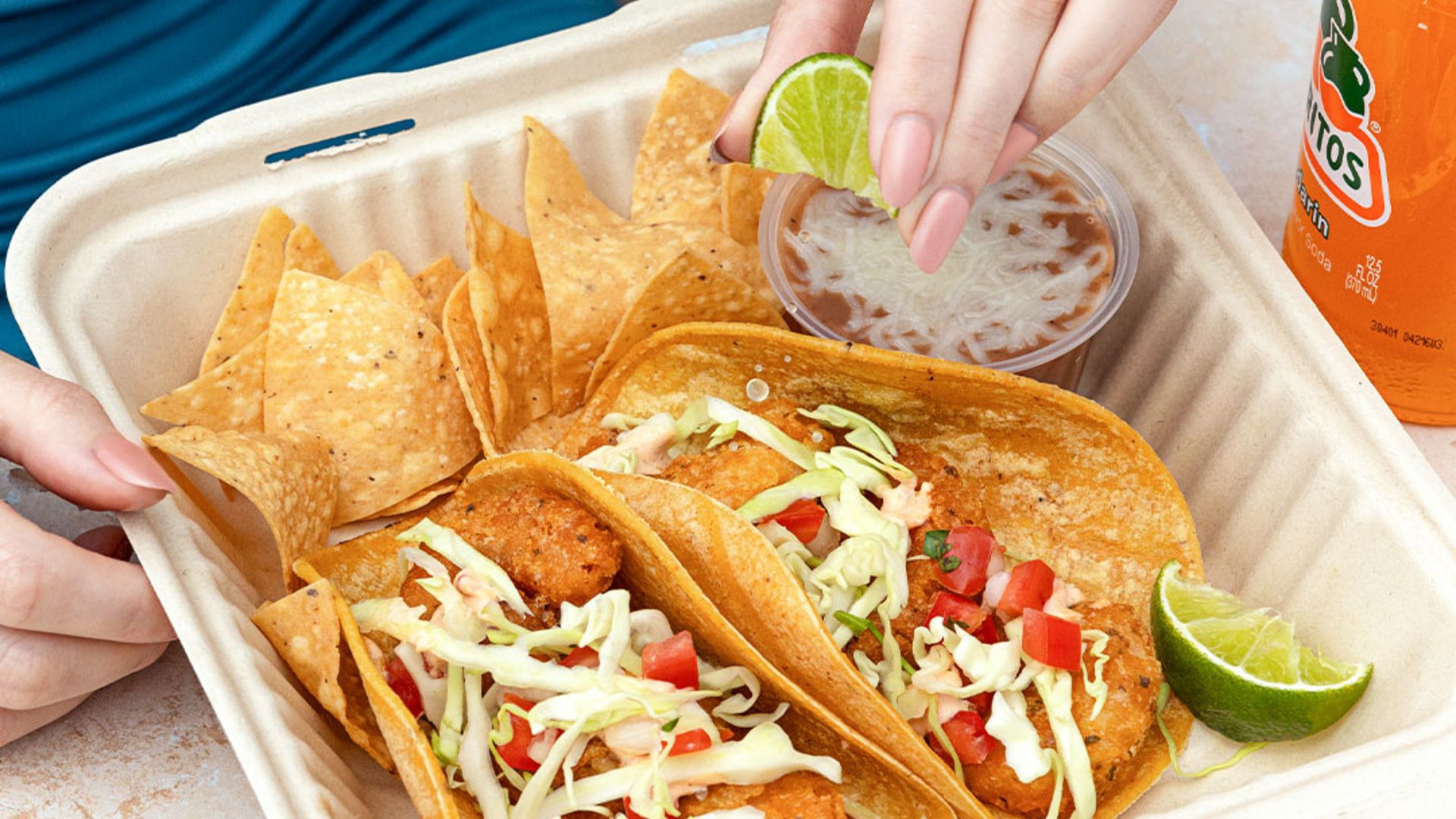
Major urban areas are feeling the pinch. In the Los Angeles area alone, 24 Rubio’s restaurants have shut their doors.
San Diego and northern California, including Sacramento and the Bay Area, have also seen closures, impacting dozens of communities.
Wage Hike Impact: Experts Weigh In
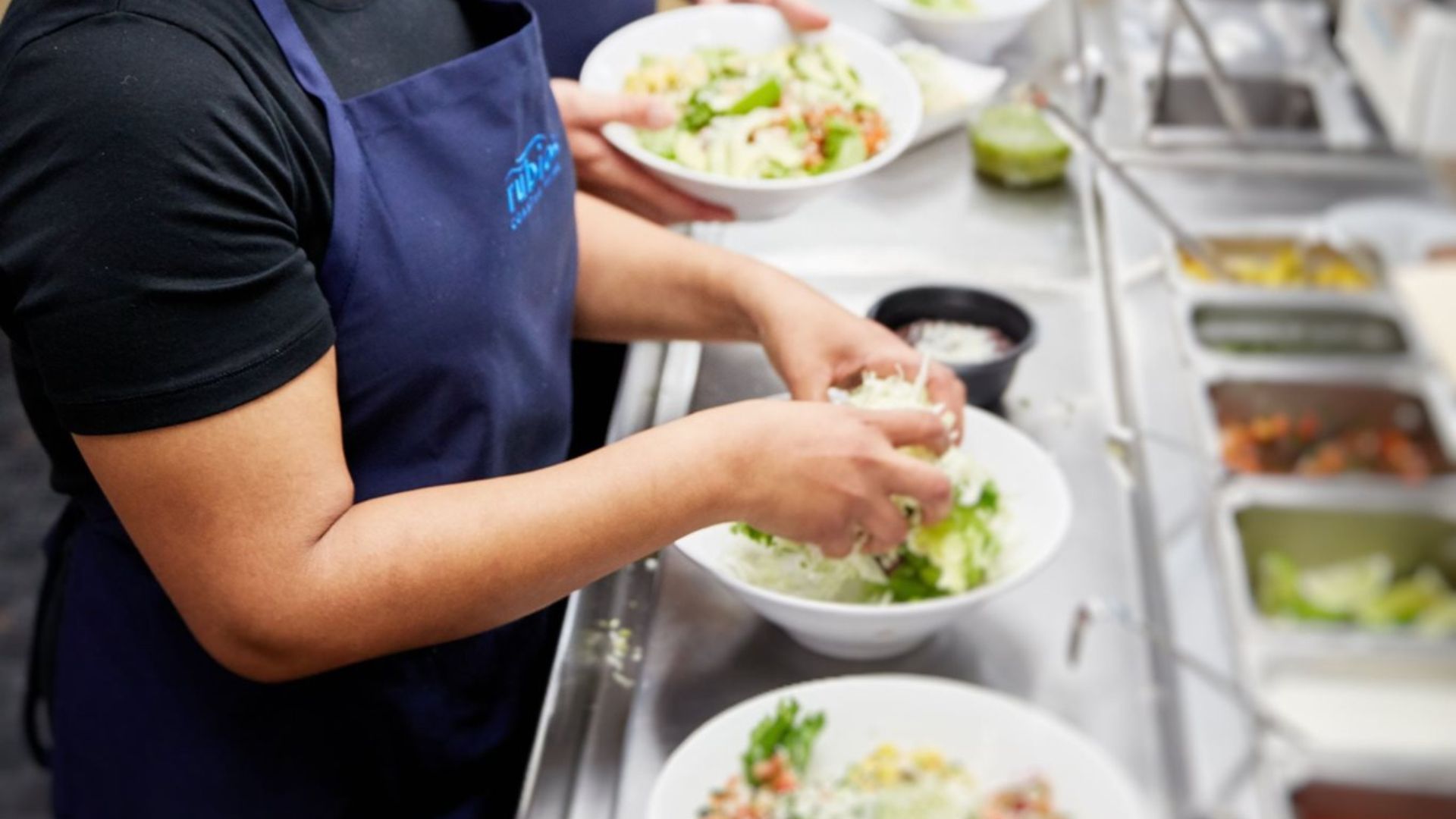
University of San Diego Economics Professor Alan Gin commented on the wage increase.
He said, “The initial thought that came to mind was that they are going to really be hit hard by this increase in the minimum wage for fast food workers from $16 per hour to $20 per hour.”
Social Media Erupts Over Sudden Closures
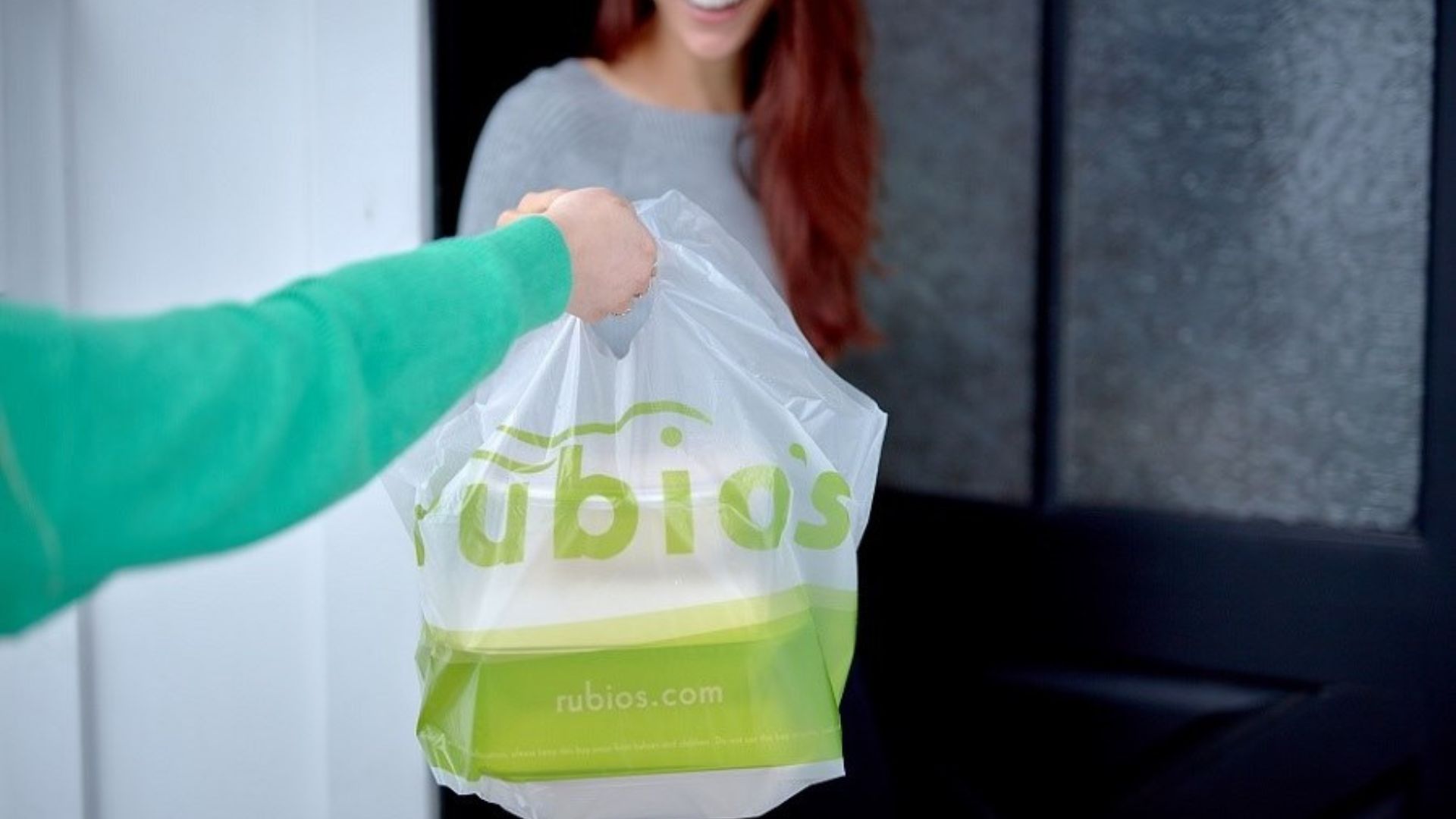
Rubio’s workers took to social media to express their shock and frustration after showing up to work only to learn their jobs were gone.
“They legit told us this morning when we showed up for work that today was going to be our last day. No severance, no warning, nada,” one employee shared on Reddit.
Financial Struggles and Strategic Decisions
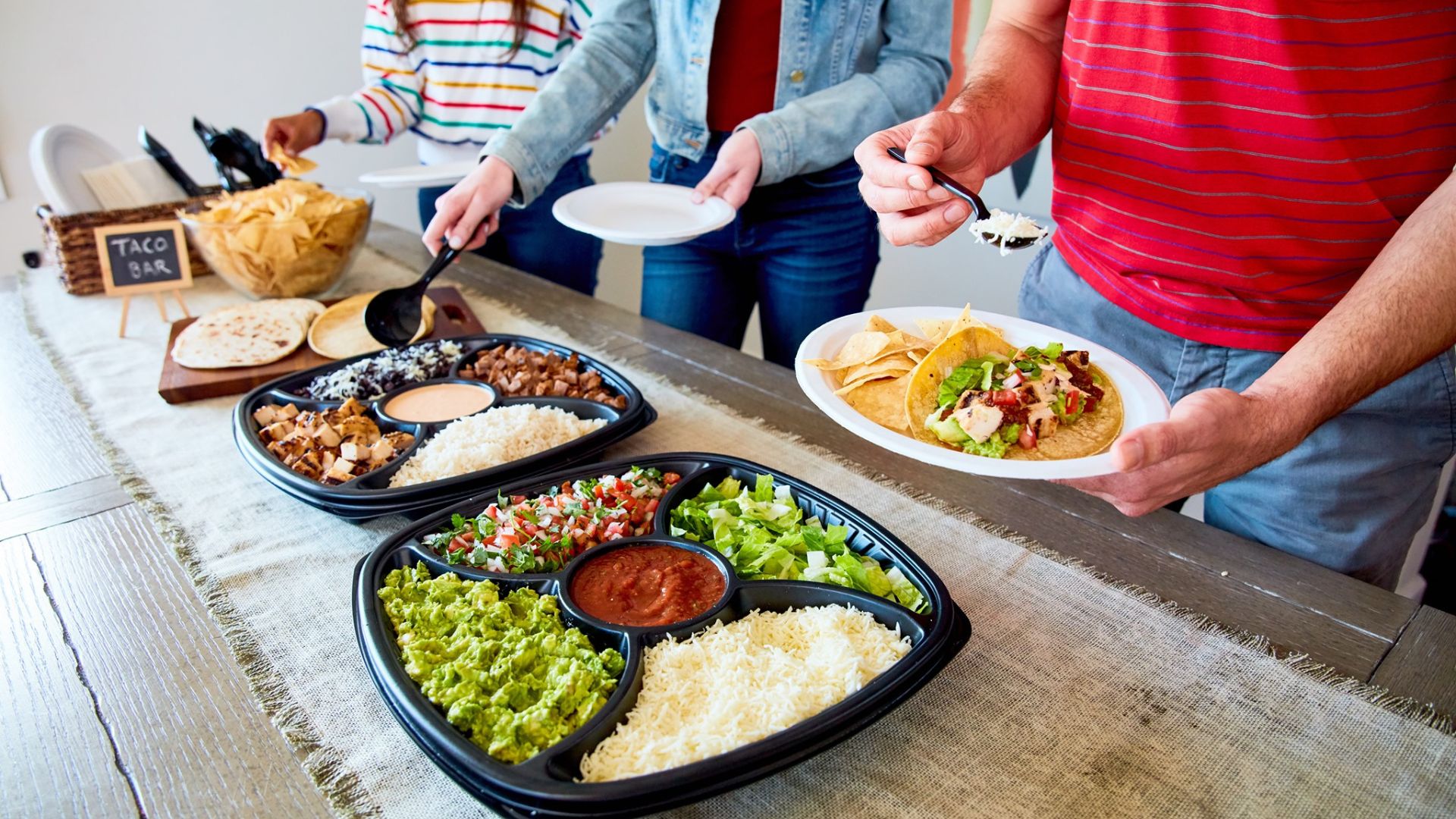
Economic experts point out that Rubio’s has been struggling financially for a long time.
The $4 increase in the minimum hourly wage might have been the final straw that pushed them towards this massive downsizing.
List of Closures and Future Plans
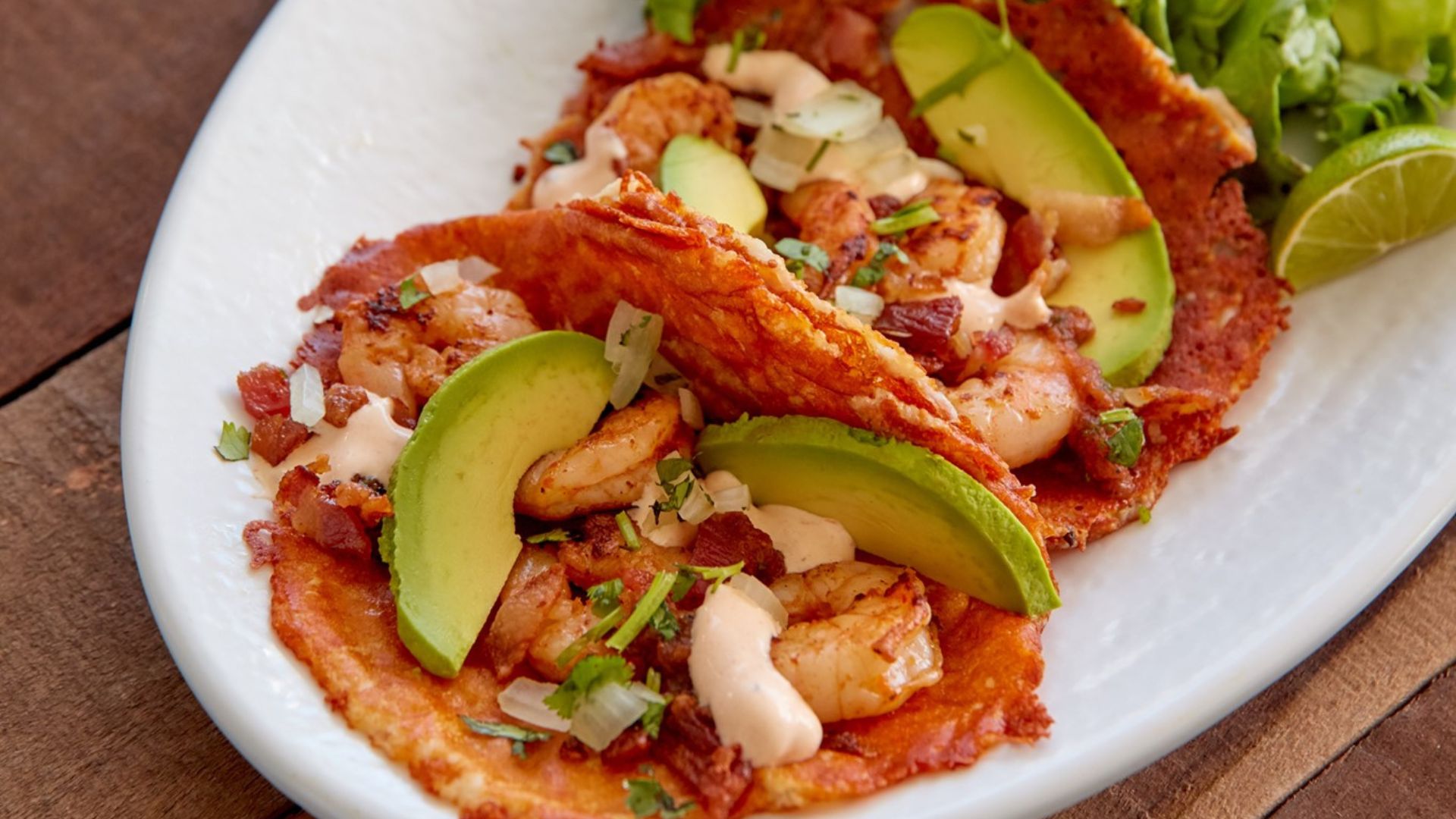
Rubio’s has not commented on which exact restaurants were shut, but a Reddit user listed closures around LA including Anaheim Hills, Fullerton, and Marina Del Rey.
Meanwhile, 86 stores remain open in California, Arizona, and Nevada.
A Bleak Future

As upsetting as the announcement of closures was for fans of the fast-food chain, it seemed the worst was yet to come for Rubio’s.
Not long after announcing the store closures, Rubio’s Coastal Grill filed for Chapter 11 Bankruptcy. The parent company, Rubio’s Restaurants, announced it hoped to sell the business.
Not Rubio’s First Bankruptcy

This isn’t the first time Rubio’s has filed for bankruptcy. The first bankruptcy came in 2020, due to the strain on the business caused by the COVID-19 pandemic.
Rubio’s announced that in the wake of this second bankruptcy, they will continue to operate its remining locations while it looks for a buyer for the business.
Rubio’s Is Alive for Now
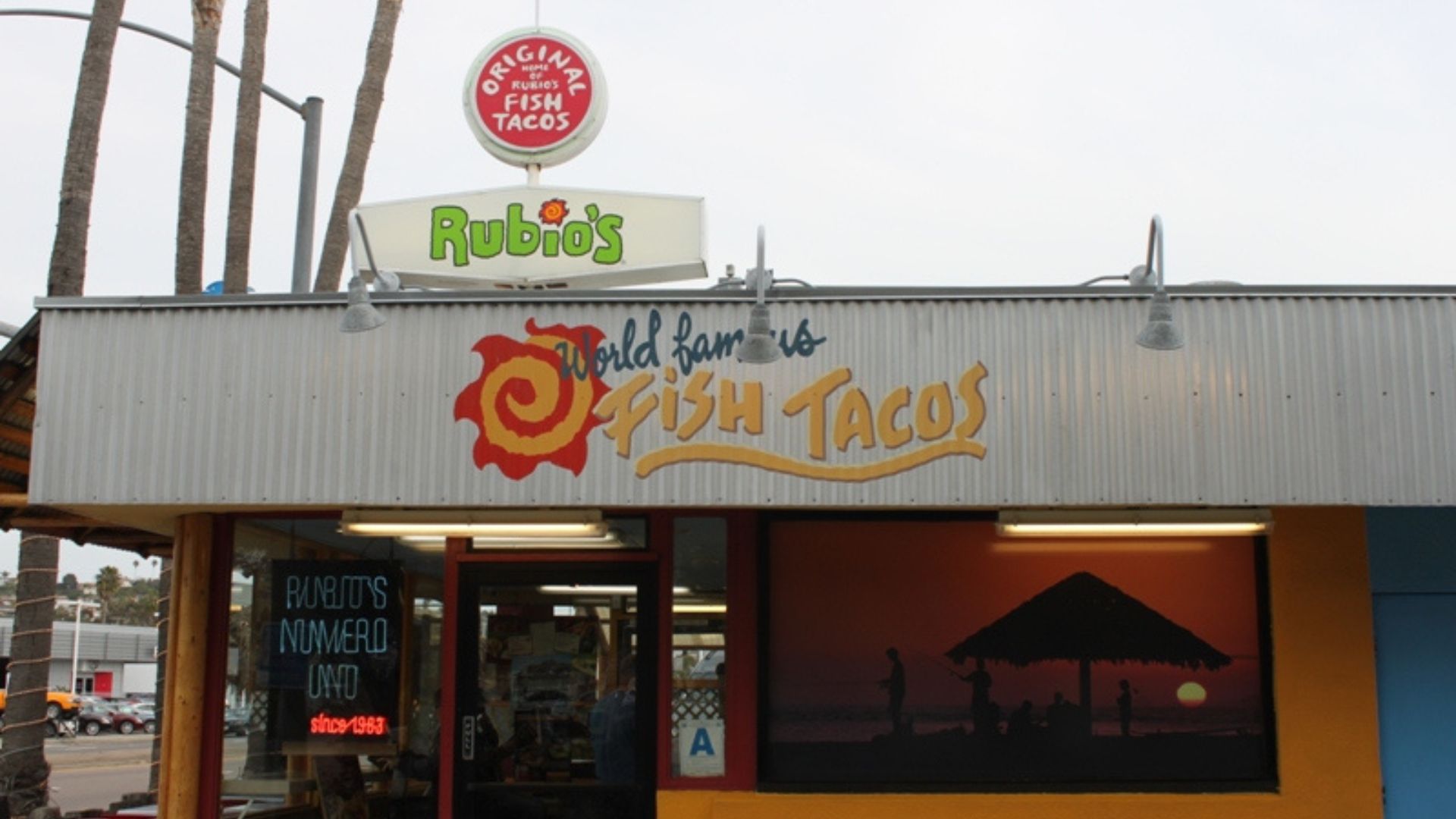
Nicholas Rubin, chief reconstructing officer at Rubio’s Coastal Grill, spoke about the company’s “strong and loyal” customer base. They will be pleased that the chain isn’t disappearing completely in the face of its latest financial challenges.
But customer loyalty hasn’t been enough to counter the “challenging economic conditions” that have impacted Rubio’s business operations.
Navigating Bankruptcy

Rubin also said that these challenging conditions have negatively impacted the company’s “ability to meet the demands of its debt burden”.
When speaking about what the future holds for Rubio’s Coastal Grill, Rubio stated: “The company believes the best path forward for Rubio’s is through a court-supervised sale process that will position the brand for long-term success to grow and flourish”.
More Than Just Rubio’s Feeling the Pinch
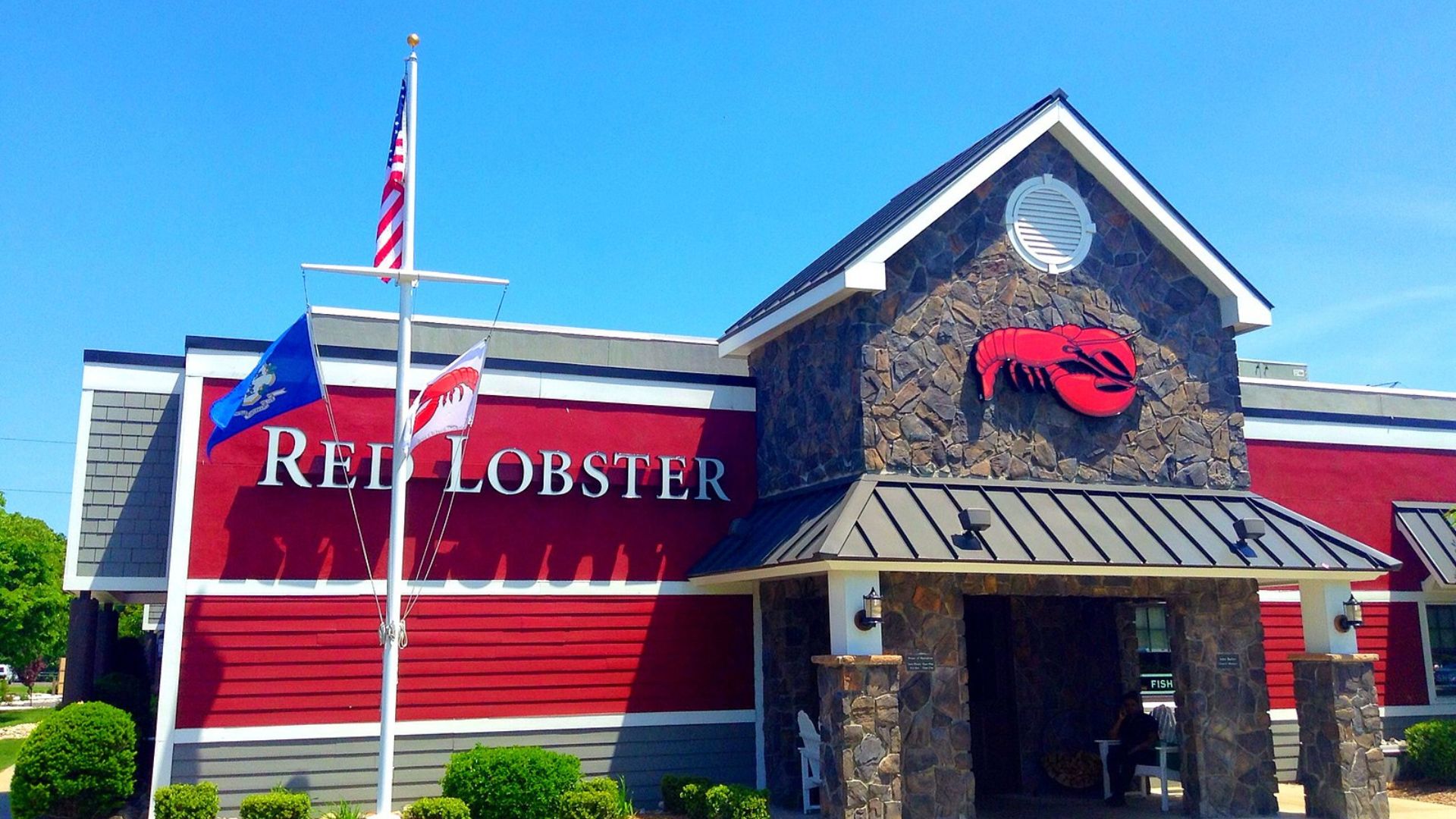
The restaurant industry has seen a recent spate of bankruptcies.
Upmarket burger restaurant, BurgerFi, and even Red Lobster are reeling under financial pressures, hinting at a broader trend of challenges within the sector.
Blaze Pizza Flees the Golden State
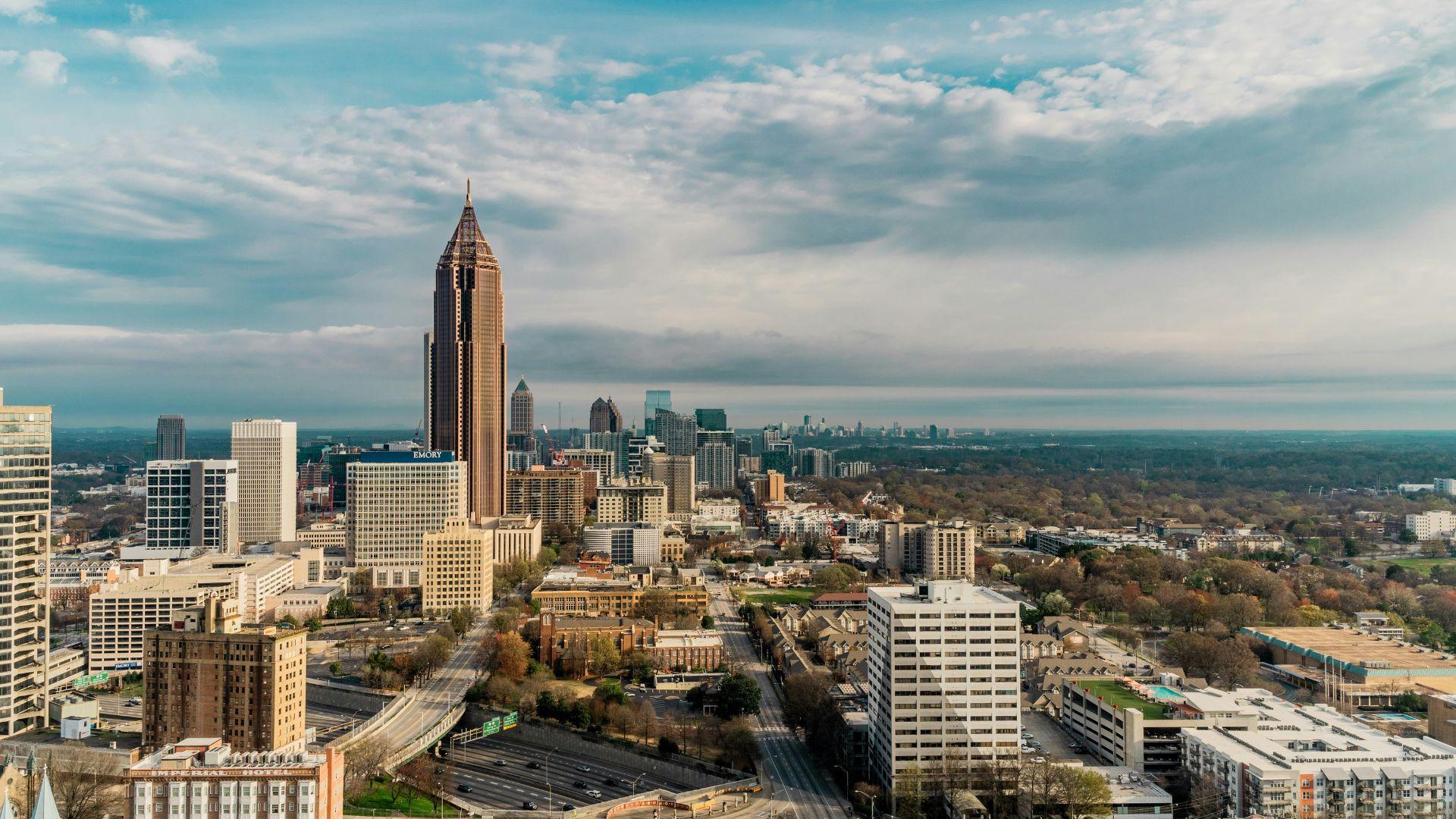
Popular pizza chain Blaze Pizza is also making a move out of California in the face of increased operating costs in the state.
The company announced that it is relocating its corporate headquarters from Pasadena to Atlanta. The move out of California will reduce Blaze Pizza’s state corporate tax by more than a third.
Blaze Pizza is Not leaving California Entirely
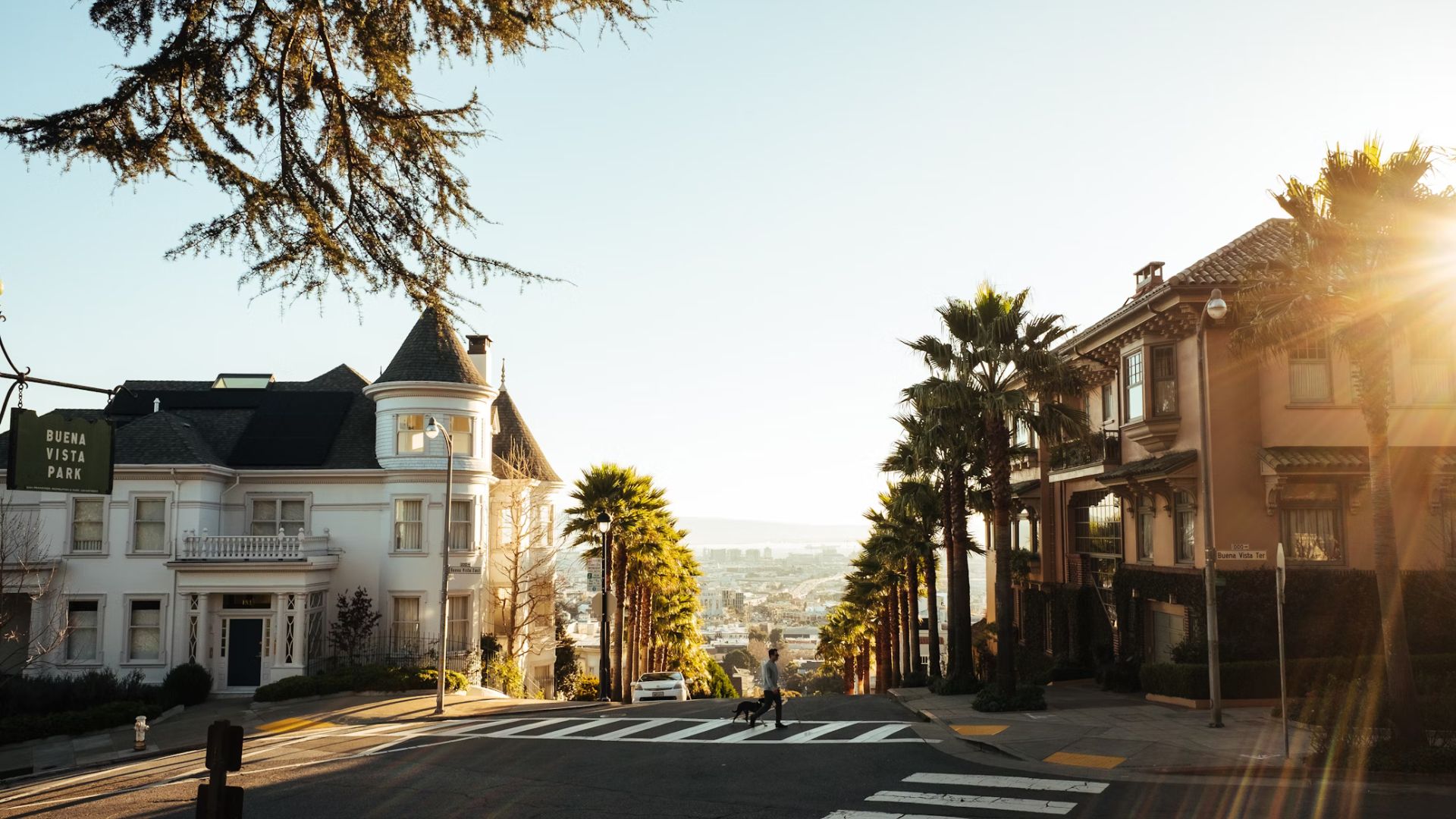
Blaze Pizza confirmed that the move of headquarters won’t impact its 7,500 employees at restaurant level. A small number of its corporate employees will be offered opportunities to relocate.
Blaze Pizza CEO Beto Guajardo stated that California is where the brand “was born more than a decade ago” and that they have “tremendous heart for communities across the state where so many of our restaurants are”.
Part of a Wave of Corporate Moves

Despite these spiritual ties to California, the company still sees a corporate move out of the state as the best move practically, saying it will spark the “next wave of growth”.
Blaze Pizza joins a list of recent corporate departures from California, with Neutrogena moving to New Jersey, Unical Aviation relocating to Arizona, and QuickFee moving to Texas.
Other Reactions to the Minimum Wage Increase
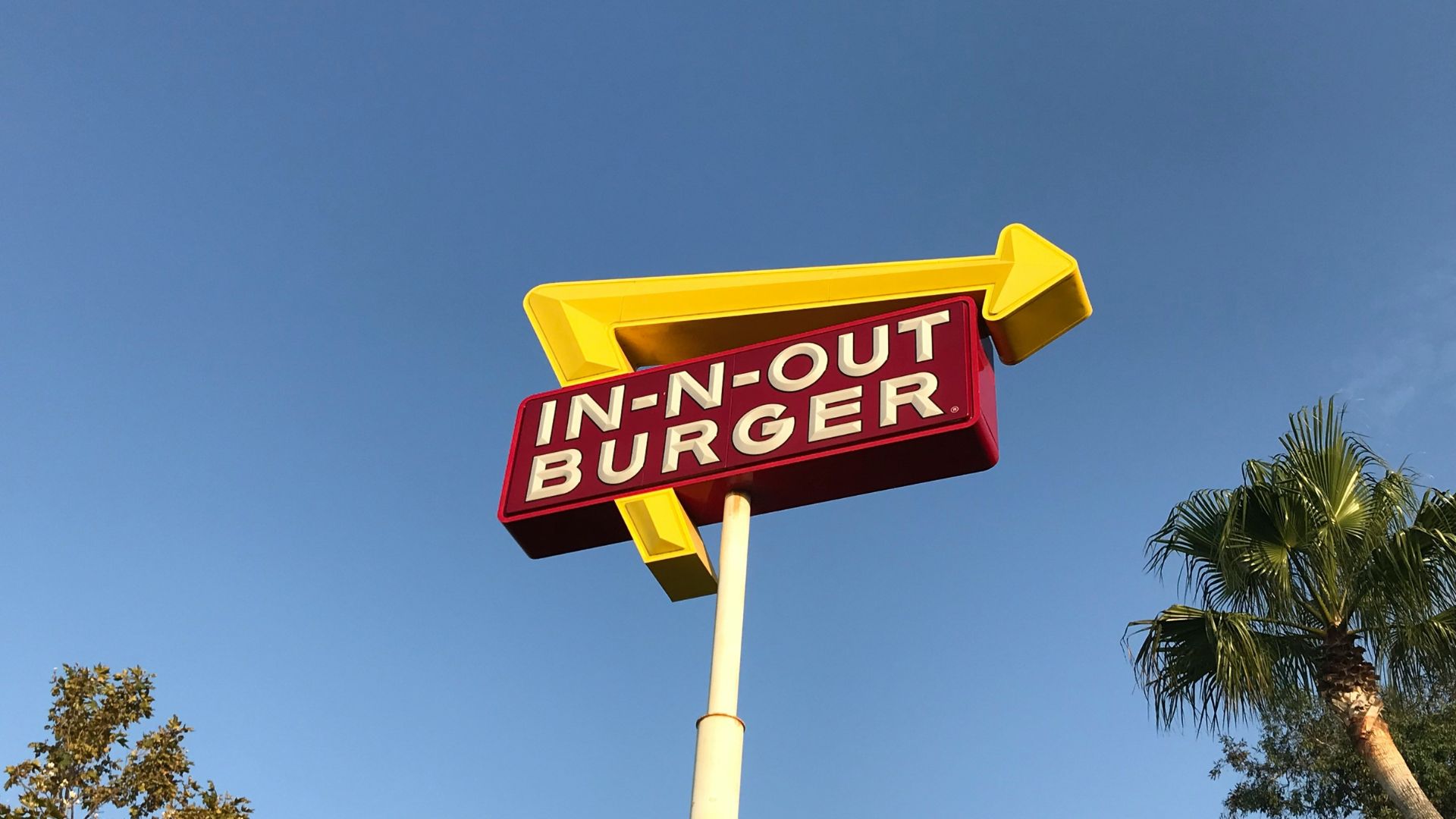
All fast food chains are feeling the pinch of the state’s minimum wage increase. Some are doing whatever they can to avoid the prospect of closures or worse.
California-based burger chain In-N-Out Burger told local news station KTVU that it had raised menu prices across the state in response to the wage increase.
In-N-Out’s Price Raises
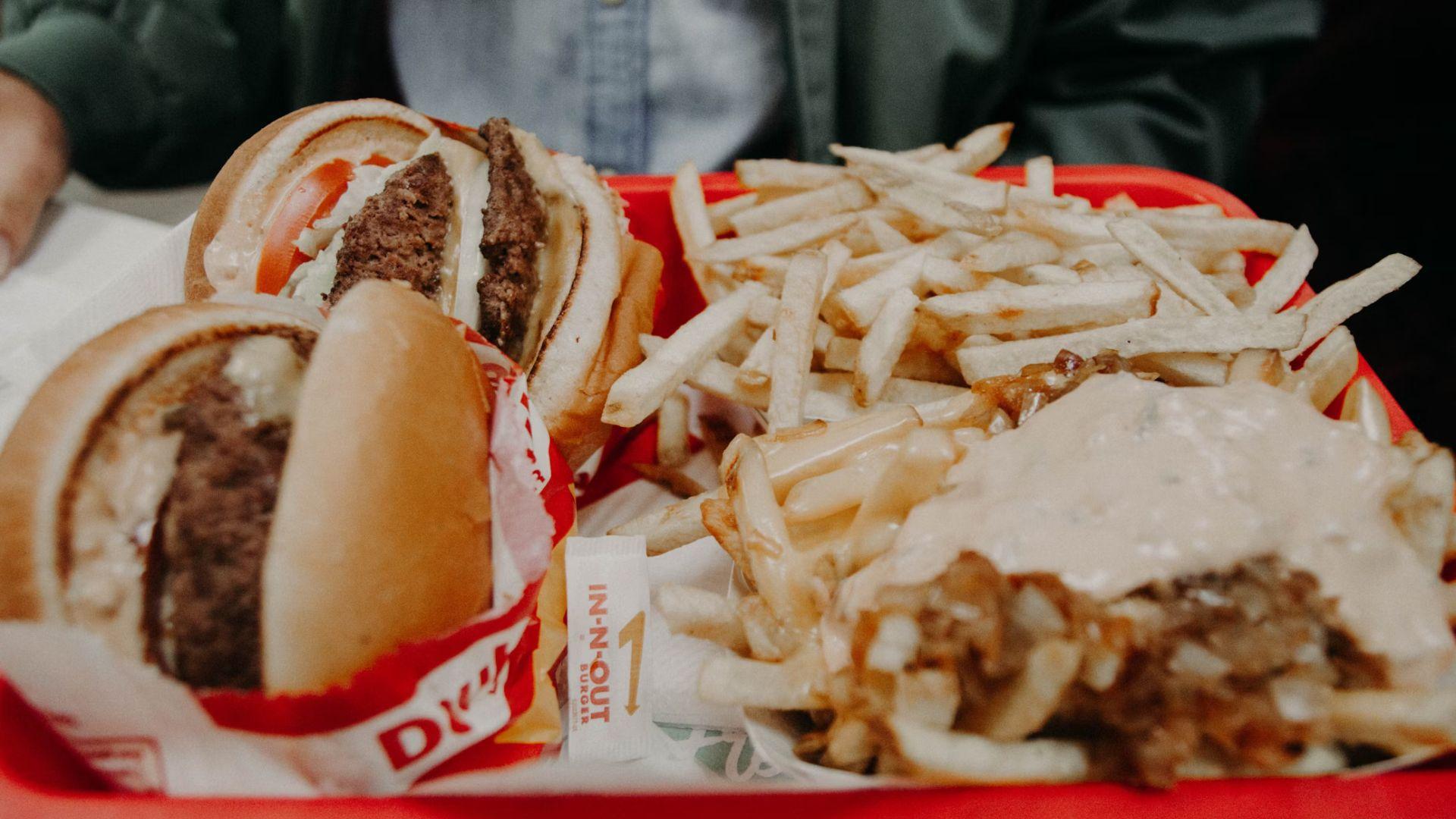
These price raises reportedly came into effect the very same day that California increased the state’s minimum wage increase.
These price increases are relative and change according to different areas in the state. Customers ordering the chain’s popular Double-Double meal in San-Francisco might pay $13.36, while those ordering in Alameda might pay $12. Regardless, these are both steep increases from the 2021 price of $9.
What’s Next for Fast Food Workers?
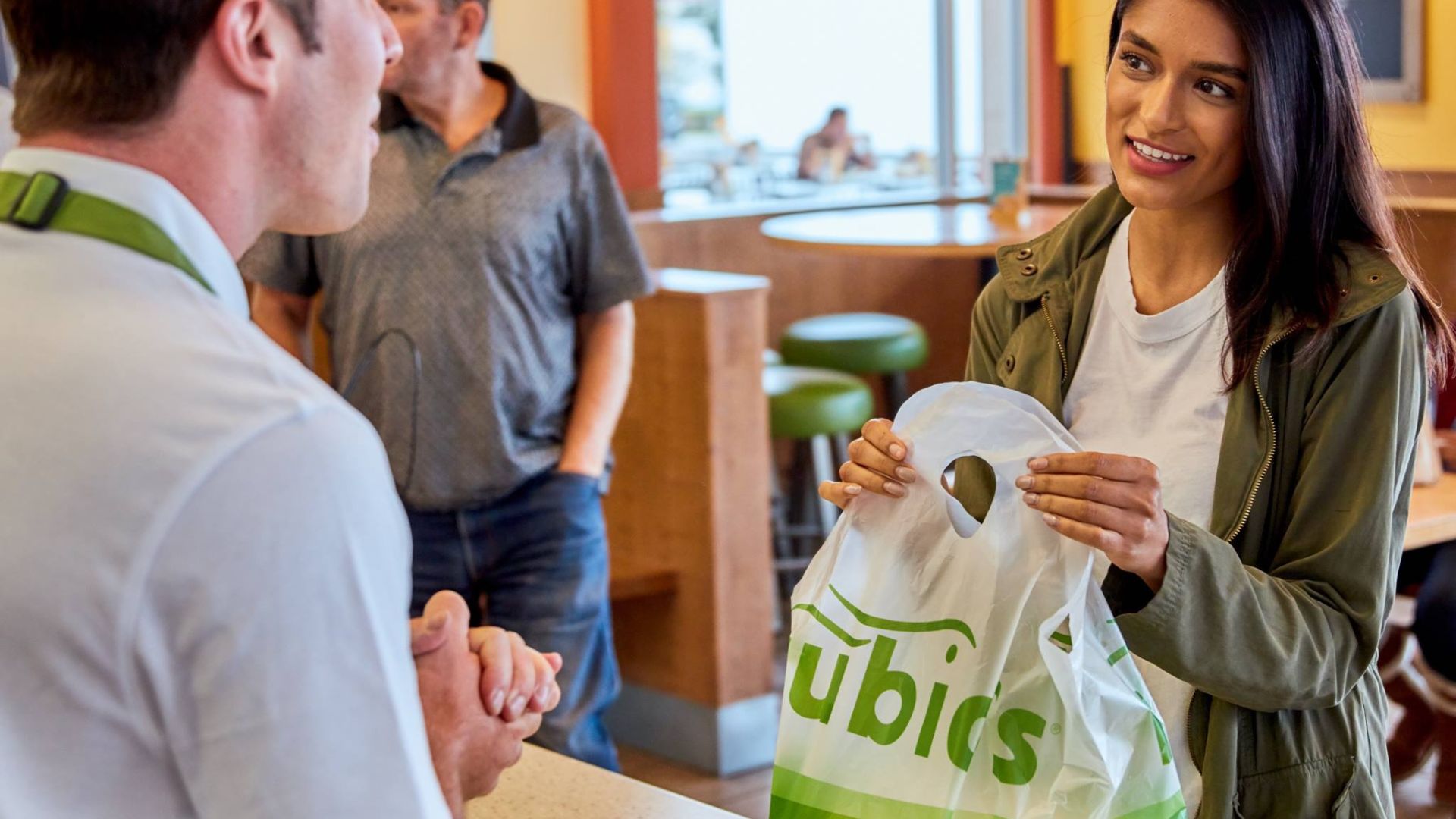
As companies like Rubio’s adjust to economic pressures by cutting costs, what does the future hold for the thousands of employees affected?
Only time will tell how the industry adapts to these rising wage demands while trying to keep their doors open.
